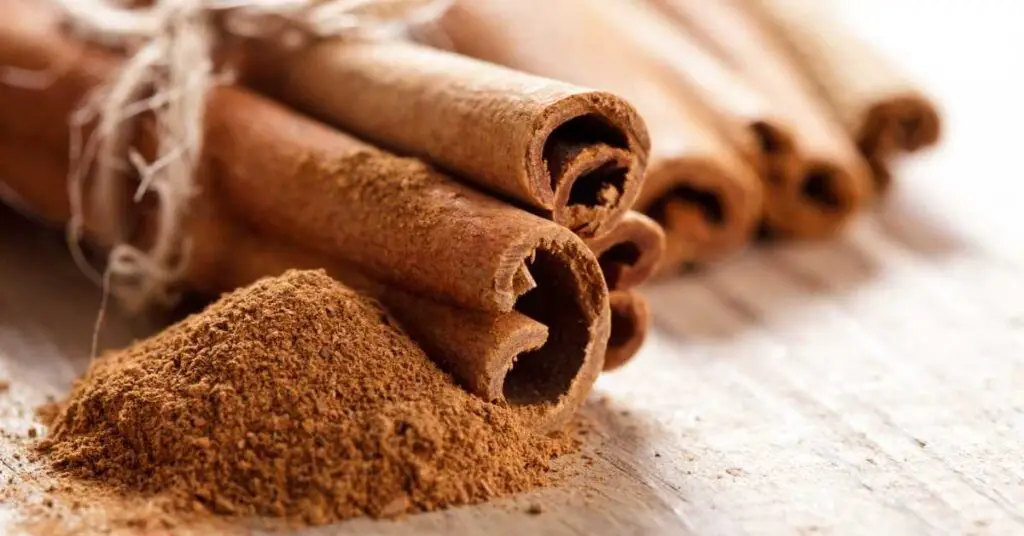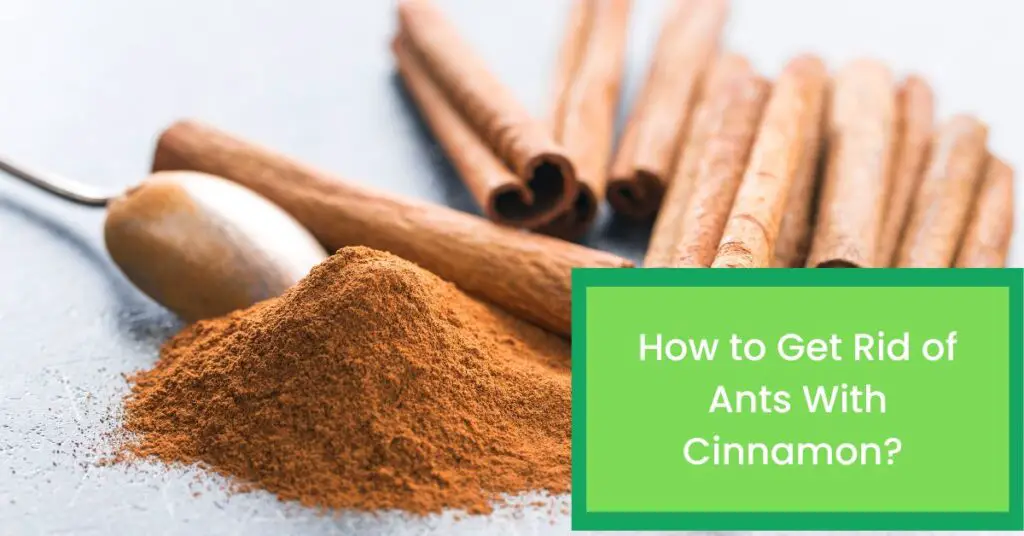Cinnamon is a spice that has been used for centuries in cooking and baking. It has a warm, sweet flavor that can be used to add depth and flavor to an dish. Cinnamon can be used in both sweet and savory dishes, and is a common ingredient in baking. It is also commonly used as a topping for coffee or hot chocolate. While cinnamon is most often associated with baking, it can also be used in savory dishes such as couscous or rice dishes. Cinnamon is a versatile spice that can be used in many different ways to add flavor to your favorite dishes.
According to the United States Department of Agriculture, a teaspoon of ground cinnamon weighing 2.6 grams contains 2.1 grams of carbohydrates.
The majority of this is made up of dietary fiber, which has a variety of health benefits including promoting regularity, maintaining healthy blood sugar levels, and reducing cholesterol. However, it should be noted that cinnamon also contains a small amount of sugar. As such, people with diabetes may need to monitor their intake of cinnamon to ensure that it does not adversely affect their blood sugar levels. Overall, however, cinnamon is a healthy spice that can be enjoyed by most people without issue.
What are carbs and what do they do in the body?
Carbs are a type of macronutrient found in many foods, including grains, fruits, vegetables, and dairy products. The body breaks down carbs into glucose, which is used for energy. Carbs are an important part of a healthy diet and can help the body to function properly. However, too many carbs can lead to weight gain and other health problems.
When choosing carbs, it is important to choose complex carbs, such as whole grains, over simple carbs, such as refined sugars. Complex carbs are higher in fiber and take longer to digest, which can help to regulate blood sugar levels and prevent spikes in insulin levels. Simple carbs are quickly absorbed by the body and can cause spikes in blood sugar levels. Too much sugar can lead to weight gain, diabetes, and other health problems.
Cinnamon is a healthy spice that can be enjoyed by most people without issue. It is important to remember, however, that cinnamon does contain a small amount of sugar. As such, people with diabetes may need to monitor their intake of cinnamon to ensure that it does not adversely affect their blood sugar levels. Overall, however, cinnamon is a healthy addition to your diet.
How to count carbs in cinnamon
Although counting carbs is often associated with blood sugar control for people with diabetes, anyone can benefit from understanding the carbohydrate content of their food. When it comes to cinnamon, there are a few things to keep in mind.
First, cinnamon comes in ground and whole-stick form. Ground cinnamon is more concentrated, so you’ll need less of it to get the same flavor. Second, the carb content of cinnamon varies depending on the type of cinnamon. Ceylon cinnamon has about 3 grams of carbs per teaspoon, while cassia cinnamon has closer to 6 grams. Finally, a little goes a long way when it comes to this spice. A teaspoon of ground cinnamon only has about 6 calories and 2 grams of carbs, so it’s easy to add it to your food without going over your carb limit.
The health benefits of cinnamon
The health benifits of cinnamon come from the spice’s antioxidants, which can help to protect the body against disease. Cinnamon also contains a small amount of sugar. As such, people with diabetes may need to monitor their intake of cinnamon to ensure that it does not adversely affect their blood sugar levels. To count the carbs in cinnamon, you will need to know the carb content of the cinnamon you are using.
One teaspoon of ground cinnamon weighing 2.6 grams contains 2.1 grams of carbohydrates. The majority of this is made up of dietary fiber, which has a variety of health benefits including promoting regularity, maintaining healthy blood sugar levels, and reducing cholesterol. However, it should be noted that cinnamon also contains a small amount of sugar. As such,
Ways to add more cinnamon to your diet:
Cinnamon is a versatile spice that can be used in sweet and savory dishes alike. Here are a few ideas to get you started:
– Add cinnamon to your morning oatmeal or yogurt. Oatmeal is a classic breakfast food, and adding cinnamon can give it a delicious twist. If you’re not a fan of oatmeal, you can also add cinnamon to plain yogurt. This is an easy way to get a dose of probiotics and cinnamon at the same time.
– Sprinkle cinnamon on top of roasted vegetables. This is a great way to add flavor to roasted veggies without using any extra fat or calories. Simply sprinkle cinnamon on top of your favorite roasted veggies, like carrots, sweet potatoes, or Brussels sprouts.
– Stir Cinnamon into your coffee or tea. This is a great way to enjoy the benefits of cinnamon without adding any sugar. Simply add a teaspoon of cinnamon to your favorite hot beverage. You can also try this with iced coffee or tea for a refreshing summer treat.
– Make a spice rub for chicken or fish using cinnamon, paprika, and cumin. This spice rub will give your chicken or fish a deliciously exotic flavor. Simply mix together equal parts cinnamon, paprika, and cumin. Then rub the mixture onto your chicken or fish before cooking.
– Use cinnamon to make a flavorful fruit compote. This is a great way to enjoy the benefits of cinnamon and fresh fruit at the same time. Simply simmer fresh fruit in water with some sugar and cinnamon until the fruit is soft and the liquid has reduced to form a syrup. Serve the compote over ice cream, pancakes, or waffles for a delicious treat.
– Add cinnamon to baking recipes for cookies, cakes, and pies. This is a great way to add flavor and aroma to your favorite baked goods. Simply add an extra teaspoon or two of cinnamon to your favorite recipes for cookies, cakes, and pies. You’ll love the warm flavor that it adds!
Recipes that include cinnamon:
– Cinnamon Roasted Butternut Squash
– Cinnamon Maple Sweet Potatoes
– Cinnamon Sugar Pecans
– Slow Cooker Honey and Cinnamon Chicken
– Quinoa Porridge with Figs and Cinnamon
– Banana Bread with Cinnamon Streusel Topping
– Cranberry Orange Scones with Cinnamon Glaze
– Vegan Chocolate Chip Cookies with Cinnamon
– Apple Crisp with Cinnamon Oat Topping
– Grilled Peaches with Honey and Cinnamon Yogurt Sauce
How to store cinnamon so that it stays fresh
Cinnamon should be stored in a cool, dry place. Once opened, ground cinnamon will retain its flavor for about six months. If you have whole cinnamon sticks, they will stay fresh for up to one year. To extend the shelf life of your cinnamon, you can store it in the fridge or freezer. Just be sure to keep it in an airtight container so that it doesn’t absorb any odors from your fridge.
The potential risks of consuming too much cinnamon
While cinnamon is safe for most people to consume, there are a few potential risks to be aware of. First, cinnamon can interact with certain medications, such as blood thinners and diabetes medication. If you take any medications, be sure to talk to your doctor before adding cinnamon to your diet.
Second, some people may be allergic to cinnamon. If you experience any symptoms of an allergic reaction after consuming cinnamon, such as hives, swelling, or difficulty breathing, seek medical attention immediately.
Finally, consuming large amounts of cinnamon may lead to gastrointestinal upset. If you experience nausea, vomiting, or diarrhea after eating cinnamon, it’s best to cut back on your intake or avoid the spice altogether.
Cinnamon is a delicious and versatile spice that can be enjoyed by people of all ages. Just be sure to monitor your intake if you have diabetes or are taking any medications. And, as with anything, too much of a good thing can lead to gastrointestinal upset. So eat cinnamon in moderation and enjoy the many health benefits it has to offer!
Conclusion
Cinnamon is a healthy and delicious spice that can be enjoyed by people of all ages. It is safe for most people to consume, but there are a few potential risks to be aware of. Cinnamon can interact with certain medications, and some people may be allergic to it. In addition, consuming large amounts of cinnamon may lead to gastrointestinal upset. So eat cinnamon in moderation and enjoy the many health benefits it has to offer!





